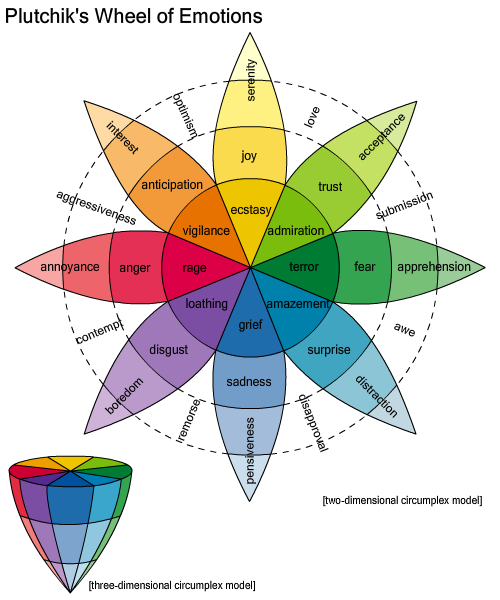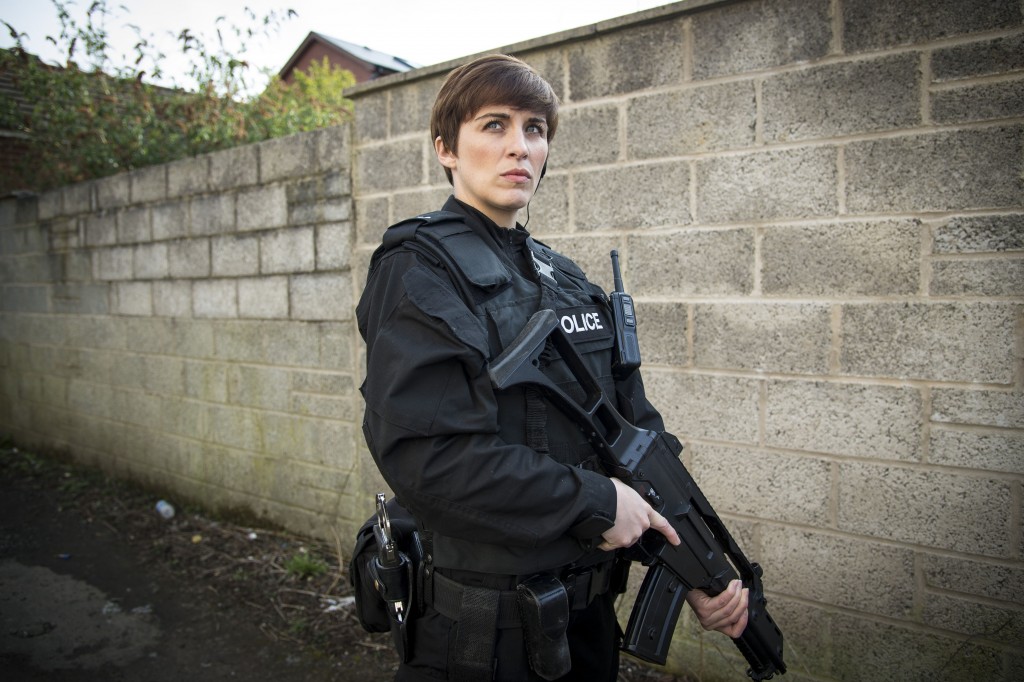Emotions have been running high recently, both in the world of cycling and in the world of Jo. Many people raised their voice on the issues around bullying in women’s and para cycling, and I am listening in with interest. I haven’t felt the need to add my own opinion to the mix yet, not because I don’t care, but because I think its complicated, and that doesn’t make a great sound bite or add anything very useful to the arguments. Not only am I interested in the issues, but I’m keen to see what I can learn from the debates since one of my personal goals for 2016 is…
To speak clearly and be heard.
Communicating what you want or feel effectively is not always that easy, and so far the universe has not disappointed in delivering opportunities for me to practice.
Some people shy away from confrontation or disagreement, preferring to appease or agree rather than face the difficulty of accepting another person’s view point different from their own. Others pretend not to care, so that the pain of rejection is lessened by not having exposed that vulnerability in the first place. For the most part, my approach has been to intuitively feel strongly about many things, rant a rave a bit without really getting to the nub of the point, and then run away to avoid the fall out and ensuing embarrassment that results. I believe I can do better, so I’m looking for tools that will help me become more persuasive and less reactive.

Blame
When someone pushes your buttons and discomfort starts to build towards anger, the easiest thing to do is blame someone else. Something happened to me recently that made me respond with rage that derailed me for days. If you are a passionate person, when this happens you find that those closest to you mostly just want you to calm down. In sensing the depth of your emotion they feel uncomfortable and want you to move past or through those feelings as soon as possible. However, if you care enough to get that angry or upset in the first place, I believe you have to find a way to do something with that emotion rather than just move it to one side. Avoiding or assuaging will only bury that anger as resentment. Expressing yourself clearly so that you can be heard may change the opinion of someone else, or at the very least it will ensure that yours has been a part of the decision making process.

Fortunately, at this juncture (in a post rage exhaustion slump) I was reminded of an audio book I have by the Buddhist teacher Pema Chodron called ‘Don’t bite the hook – Finding freedom from anger, resentment and other destructive emotions’. In it Chodron talks about the Buddhist concept of ‘Shenpa’ which she describes as the charge behind our opinions, the attachment that stops us from seeing the other point of view because we are angry or irritable or enraged. Shenpa is the ‘hook’ that leads us to escalate our own violence rather than patiently sit with the discomfort, holding our opinion with a lightness that keeps us open to the other point of view. She says:
“Patience is an austerity. Nothing takes more courage than to work with patience”
I must admit, patience is not my strong point. In Buddhist teachings anger is usually a response to fear, and in this situation I found myself in I was frightened that my opinion was not being listened to or properly heard. Somehow I had to move beyond the unhelpful ranting phase to a point where I could patiently look at the situation and find a way forwards. Shouting louder just wasn’t going to do the trick.
Chodron goes on to talk about fear as the vanguard of courage, saying that it gives you a choice to go in two directions:
“does it go in the direction of aggression? - striking out against yourself and others, or does it go in the direction of confidence? - gentleness, courage, and tender hearted bravery”
And so with this timely reminder, and dropping numerous F bombs along the way I patiently moved myself from a position of rage to a calmer place where I could express myself more rationally.
The Bully and the Coward
Feeling that you are being bullied is unpleasant to say the least, but for me feeling that I am a coward is even worse. If you’re challenged by a bully, or just confronted by someone who is pushing you around, the challenge is not to push and shove and bully back, but to simply stand up for yourself. As Carrie Ure mentions in her blog: (https://carrieure.org/2009/03/12/facing-fear-the-archetype-of-the-coward-part-i/)..
‘The Coward has his primary relationship with the Fear rather than the goal. He faces his fear and choosing to act or not, he learns about himself’
This idea really resonates with me, and on a few important occasions in my life I’ve felt the presence of the Coward archetype breathing down my neck and pushing me to confront the fear rather than run away from it. These moments have all come at significant choice points where I've had to stand my ground and fight for something that I felt was important. Reflecting on this most recent situation in the last couple of weeks, I have taken pride in the fact that I have done exactly that, and in doing so changed the course of action to move it in a more satisfactory direction for everyone.
In the Line of Duty

Someone asked me recently whether I was more afraid of a negative judgement made of me personally, than in my professional role as coach, and I had trouble answering the question. The difficulty I have is of separating the two as I feel like the one is an expression of the other (something I've mentioned before in this blog).
I know that there are many people who have a different set of rules in the workplace to those they would live by at home, and this is a luxury that professional sports men and women sometimes have to manage without. Calling the one world cold-hearted ‘business’ and the other more heart-felt and ‘personal’ seems to me to leave your integrity in a damaging state of schitzophrenia, but many people seem to manage it, and on a daily basis. ‘Professional sport’ occupies a grey area that for the professional ‘athlete’ often encompasses everything, so no wonder passions run high when there so much at stake.
So while I don’t understand all the issues involved in the recent British Cycling scandal, I do understand that it can be difficult for sports men and women to speak up without feeling crushed by the weight that a big organisation holds over their personal, heart felt aspirations, as well as their livelihood and personal economy.
Speaking for myself (and Jo McRae THE BRAND) I believe the challenge remains the same; to have the courage to say what you feel with confidence, so that you get to know yourself better, and do your best to move the future in the direction you would like it to go.
